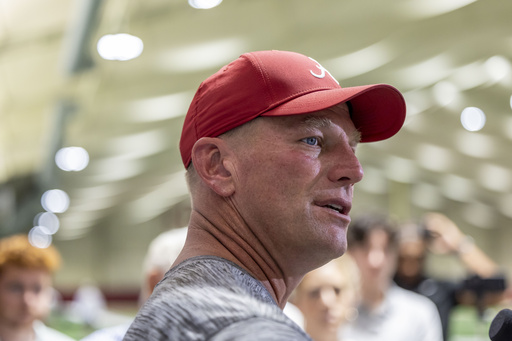The NCAA and college sports leaders are working on an antitrust settlement to distinguish “true NIL” for athletes from booster-funded payments that could be perceived as pay-for-play deals in disguise. The plan includes mandatory disclosure rules, an external clearinghouse to evaluate deals, and an enforcement process with neutral arbitrators to review name, image, and likeness transactions between athletes and third parties for fair-market value, especially focusing on NIL collectives.
While some individuals view the NCAA’s involvement as excessive and anticipate potential legal challenges, legal experts reference previous cases in professional sports leagues to support the NCAA’s effort to regulate NIL transactions. The settlement, agreed upon by the NCAA and five power conferences in May, aims to resolve several antitrust lawsuits regarding athlete compensation and provides for $2.77 billion in damages. Pending approval from a federal judge, the agreement would allow schools to allocate approximately $21 million in athletic revenue to athletes each year starting in 2025.
Part of the settlement involves scrutinizing NIL deals between college athletes or recruits and boosters of a school to ensure they are in line with fair-market value standards. An online database called NCAA NIL Assist has been launched to publicly track what athletes are earning through NIL, promoting transparency while maintaining the anonymity of individuals and institutions involved. This tool will not serve as an enforcement mechanism but will offer valuable data for decision-making by NCAA officials.
The legal landscape regarding athlete compensation in college sports has evolved due to ongoing litigation challenging amateurism rules. By introducing revenue-sharing payments and reshaping compensation structures, college sports may align more closely with professional leagues. The settlement’s potential approval could mitigate future legal battles by offering athletes the chance to voice objections. Challenges to disclosure regulations may arise from boosters or collectives dissatisfied with the defined fair-market value criteria.
Despite concerns raised about disclosing NIL deals and determining fair-market value, sports law experts believe the settlement’s framework aligns with precedents in professional sports leagues and could prevent circumvention of financial regulations. By introducing measures to regulate outside income sources for athletes, the NCAA seeks to curtail inappropriate practices without enjoying antitrust immunity typically found in collectively bargained agreements present in professional sports.


